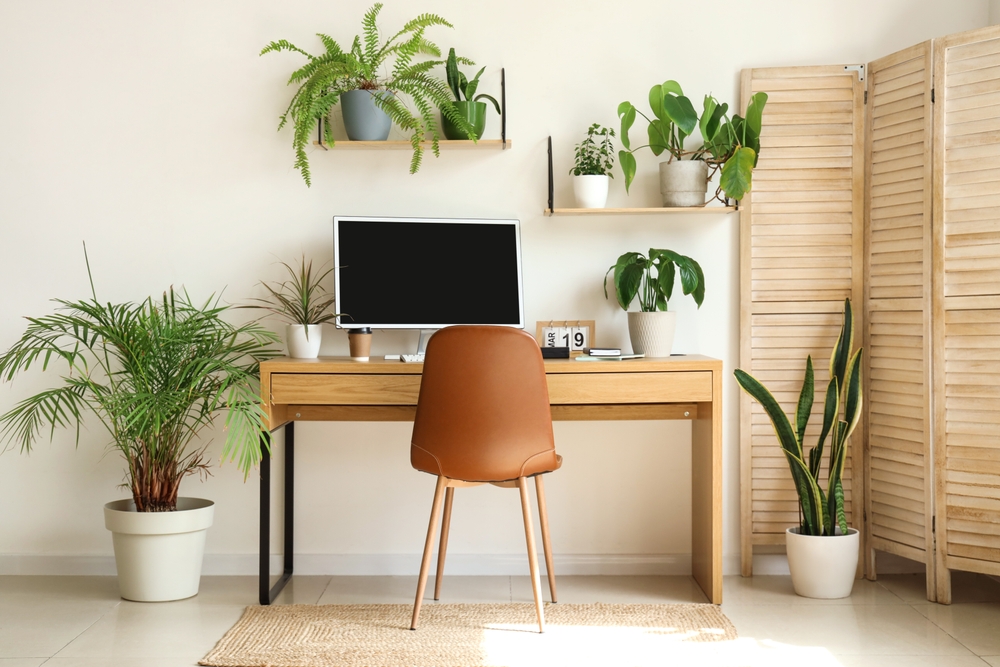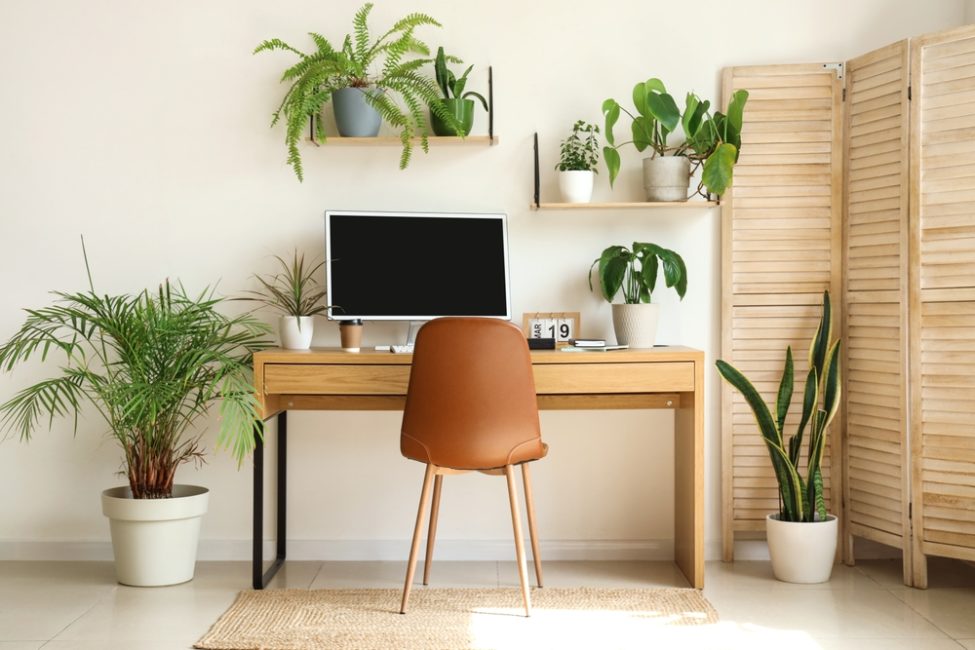Top Tips for Improving Your Home Office
Working from home sounds like a dream come true, but unless you zone off a dedicated working area within your home, you could end up working in clutter, distracted by family members and household tasks, and as a result, become less productive than you would be were you in an office.
As working from home often offers a better work life balance, it is essential to create a home office that blocks out unnecessary distractions and allows you to completely focus during your working hours. By bringing your A-game to work, albeit in a space within your home, you are far more likely to retain a remote working contract and continue to enjoy the perks of working from home.
So, how to create the perfect home office, we hear you ask. Here are some simple steps that you can take to create an optimal environment for work.
1. Choose Your Working Space Carefully
If you have a spare room, you can create a designated office area in which you are not disturbed when the door is closed. If, however, your working space is the dining table or hallway, you are far more likely to be interrupted or distracted. Of course, not everyone has the luxury of a spare room, so you will need to work with what you have.
If your workplace will be in a communal area, try to zone it off, using curtains or specific furniture to demarcate when you are working as opposed to when you are relaxing. By setting clear expectations with family members, you will be able to enjoy the perks of home working even in a space that you share with others.
2. Organise Your Space
Make the most of natural light to create an uplifting ambience within your chosen working area. Get a desk or table and a supportive office chair. Though you will not be subjected to DSE assessments at home, you still need to concentrate on your posture and minimise eye strain to ensure that you don't suffer physical harm from home working.
Determine what storage solutions you need to safeguard your office computer, files and documents. Do you need a safe or filing cabinet, or will a sturdy bookcase or shelf suffice? This is of particular importance in a shared space to protect against small hands holding crayons who might find important contracts an enticing prospect to decorate.
3. Lighting is Important
Natural light is essential to your wellbeing, and a well lit room will reduce eye strain, improve your circadian rhythms and also reduce your electricity bills, which is an important factor for home workers. If your space doesn't have enough natural light to allow you to work comfortably, consider what additional lighting you need to create a hospitable environment. Mirrors reflect natural light and can be very effective enhancements, also making your home office feel larger.
Wall lights do not necessarily need to be hard wired in - by using a smart bulb, you can turn the light on and off using a remote control or even an app on your telephone. This means you can mount a wall light in exactly the right space to gain maximum benefit from it, and it will take up less room than a floor-standing light, which is, of course, another option.
4. Keep Your Home Office Tidy
A tidy home is a sign of a tidy mind, and this is especially true when it comes to home working. When your working area is neat, you can easily find everything you need to do your job. This means you work more efficiently and with less stress.
So use cable tidies to label and secure your cables. This will reduce the risk of trip hazards, prevent you from accidentally damaging equipment that is plugged in and reduce your stress levels when it comes to finding a specific cable.
Clear away at the end of each working day, putting everything back into its designated place. Not only will this keep your home office tidy, but it will make the workspace multifunctional, allowing it to be shared by other family members outside of your working hours where necessary.



